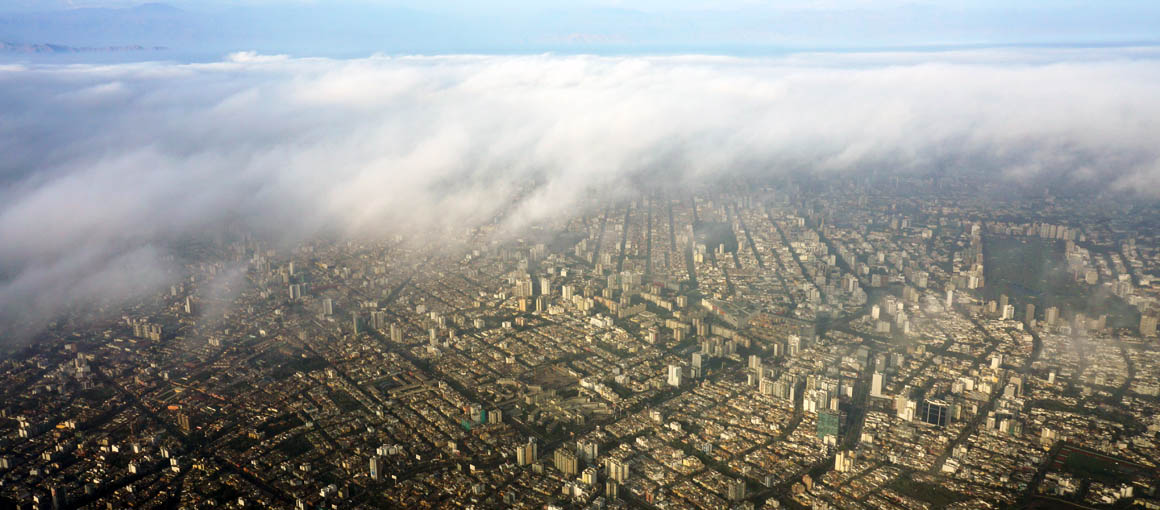
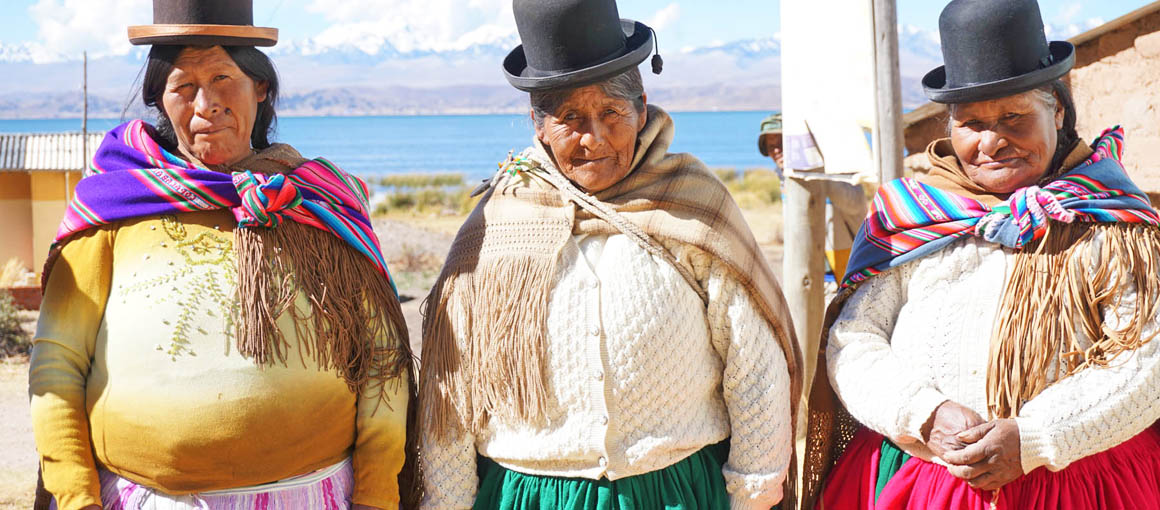
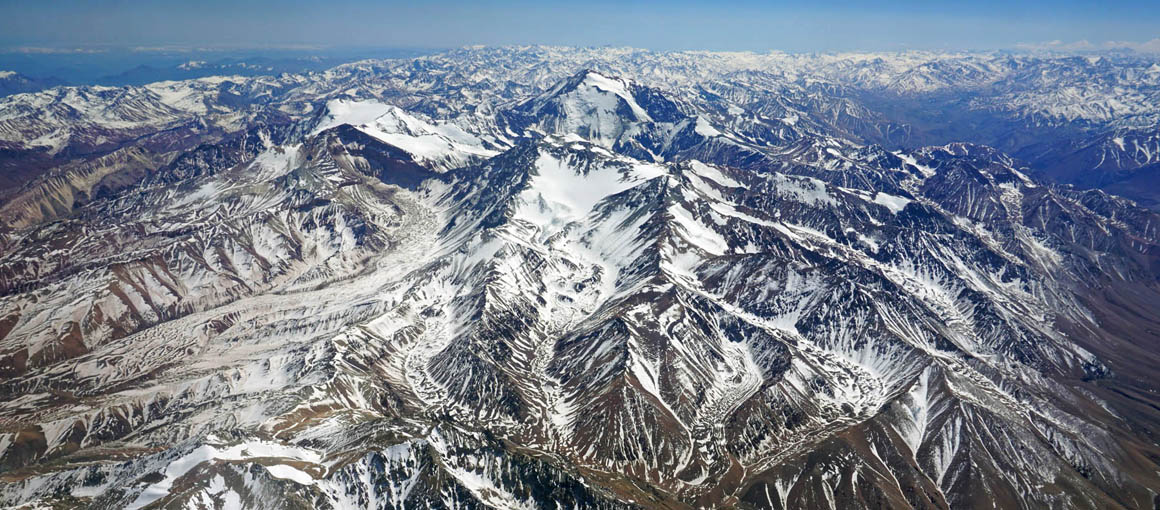



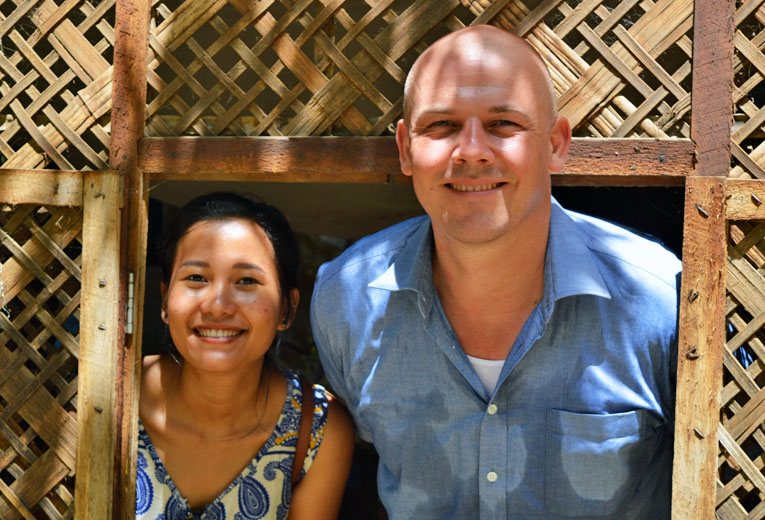
Tobias Esche and his wife Htet Htet Aung
Interview with Tobias Esche,
Travel Guide Book author on Myanmar and Thailand (forthcoming),
Travel agency owner in Myanmar and Thailand
I was born in Berlin in 1979, at a time when my grandparents were in their last year at their diplomatic posts in Yangon, Myanmar. However, after 1991 they decided to spend their retirement years in Yangon, and invited me to visit them and the country for the first time in 1996.
I studied Southeast Asian and Political Studies at Potsdam and Humboldt University and at the same time visited Myanmar for shorter and longer periods.
Since 2005 I have had my own flat in Yangon. I like to say I am in Myanmar since that time, but the final move – giving up my residency in Germany – came in 2011, when my publisher approached me to ask if I could write a Myanmar guide book for them.
Over the years I have established my travel agency in Yangon, got married to my wife who is a German speaking tour guide and I visit Germany once per year for a period of 6-8 weeks.
During the time of outright military rule until 2010 there was much more freedom, which is something that I still do enjoy, at least partially. Now, with all kinds of new rules and regulations being in place, that good old freedom is limited, but still enjoyable.
On the other hand it is my travels in Myanmar. I get to the most remote areas by car, mostly a Ford Ranger 4WD which is required there regarding the road conditions.
These trips were impossible in the good old days because of various insurgencies, but now I feel like I am the first when I arrive for example in the small city of Rihkhawdar, in Myanmar’s Chin State, a small border town and gateway to India.
»These trips are most fascinating and help me to enhance our travel portfolio for our clients.«
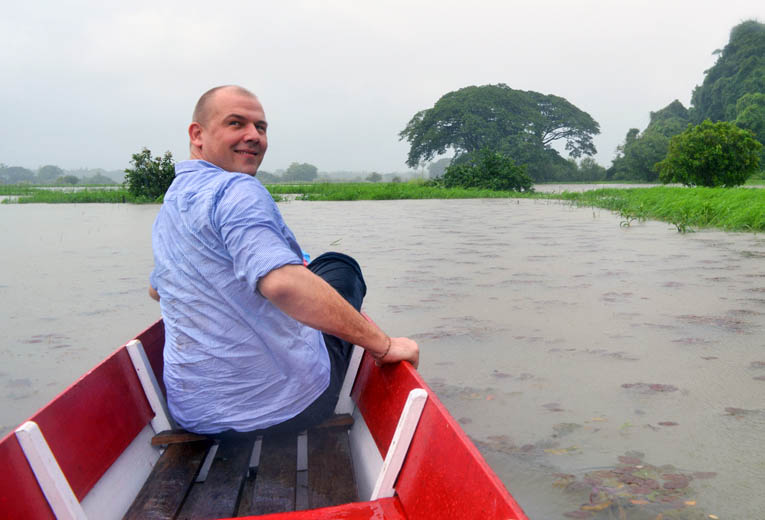
The rainy season in Yangon is challenging and you restrict yourself to your home and office, not going out much. Therefore, we prefer to move upcountry, to more pleasant places like the capital Naypyitaw, Mandalay or Shan State, where you find much less rain, or to Chiang Mai in Thailand, where we will move to in August for 8 weeks.
Hard to say. My life is influenced by the three seasons we have here. The cool season from October to March is also the touristic high season, when we see most tourist arrivals in Myanmar. At that time I am very busy working at the office or meeting clients.
The hot season from April to June is characterized by general laziness, and our year end reports on profits.
Then comes the rainy season from July to October. That is time when we go out exploring the country, looking for new destinations on forgotten roads and muddy paths and hazardous mountain treks.
Mostly I travel with my wife, but sometimes we invite friends to join us. We just finished another of these very adventurous trips last week, we were five people, I was driving, and we had it all:
»Adventure, little sleep, happy and angry times, got to know new people and wonderful impressions.«
Then the cycle resumes in October.
Places where I feel well. In the future we are planning to spend the summers in Hungary, where my family own a house. That place definitely is Heimat, but only for the time being. Coming back to Yangon in October, at the end of the rainy season, accompanied by the October and November full moons, also means Heimat to me.
Travel in the rainy season. Make it quick in Yangon and then proceed upcountry. The weather is fantastic in places like Mandalay, Bagan, Inle and Loikaw, my favourite destination. There are almost no tourists here during that time, hotels are cheaper, people are more relaxed. And if it rains, sit down for an hour and have a beer.
Business is complicated but also rewarding here. Receiving or sending US-Dollars is still complicated, that’s why you have to go through Singapore. Profits are yielded in tourism and with fast moving consumer goods.
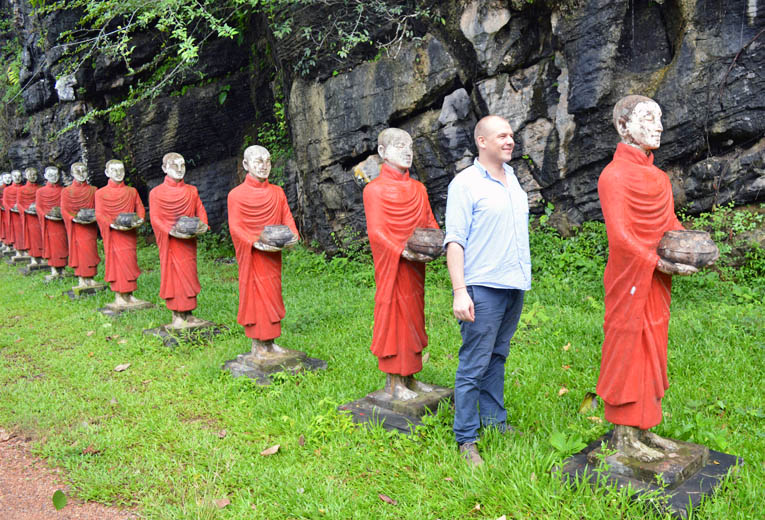
Foreigners living in Myanmar do have very little legal rights and protection, which is okay as long as you know your ways. I never got into any trouble with authorities here, also against the background that I travelled on forbidden roads in very remote areas of the country, which could have meant big trouble if caught.
If you know your way of how to deal with it you are fine. Confronting people doesn’t help. When we got married I was obliged to become a Buddhist first, because my wife is Buddhist. If not, the judge wouldn’t have signed the papers. I am okay with that, because I am a foreigner living in a country that is not my country of birth and I have to accept their rules.
Myanmar and the people are protecting the country against too much legal or illegal immigration, especially since they were a British colony until 1948 with massive immigration from South Asia. That part of Myanmar’s history seems to be forgotten in today’s discussion. If I was forced to choose, I choose Myanmar.
Find out more about Tobias Esche and Myanmar.
Tobias Esche on LinkedIn
https://www.linkedin.com/in/come2myanmar/
Azure Sky Travel
http://www.azureskytoursmyanmar.com
Reiseführer Myanmar: Unterwegs im Land der weißen Elefanten
http://www.trescher-verlag.de/reisefuehrer/asien/myanmar.html
The title is an ancient Burmese proverb.
»If you want to go fast, go the old road.«
အလျင်လို လမ်းအိုလိုက်။